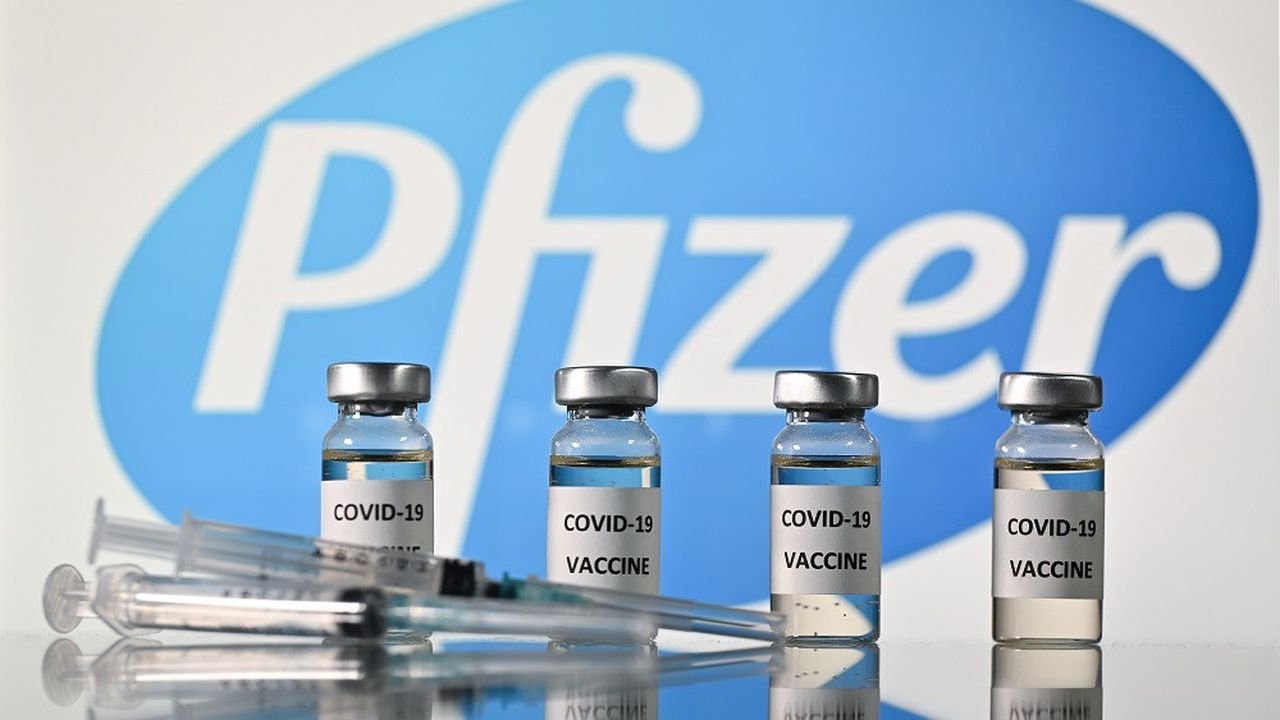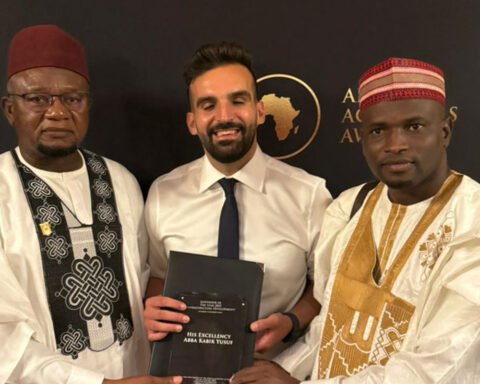The rise of health misinformation—information that is false, inaccurate, or misleading according to the best available evidence at the time—is a growing global crisis. The COVID-19 pandemic, coupled with the spread of social media and generative AI, has contributed to the rapid dissemination of misinformation. According to the Bulletin of the World Health Organization, health misinformation is particularly prevalent online, accounting for 51% of social media posts associated with vaccines and up to 60% of posts related to pandemics.
For marginalized and vulnerable communities globally, the stakes are especially high. Many individuals in these groups already mistrust government institutions and healthcare systems, creating fertile ground for misinformation to take root. In low-and-middle income countries, where access to accurate information may be limited, the consequences can be catastrophic – for example, people may avoid vaccines or lifesaving government-provided medicines.
The Impact of Health Misinformation
Around the world, cultural beliefs or mistrust of formal/western health recommendations can lead to highly persistent health misinformation. For example, during the Ebola outbreaks in West Africa in 2014-2016, misinformation about disease causes and treatments was one factor that delayed containment efforts. Vaccination rollout was hampered by rumors including rumors that the vaccine made women infertile or men impotent. By the time the West Africa Ebola epidemic ended in 2016, approximately 28,600 people had been infected, and 11,325 people had died.
In Pakistan, a recent spike in polio vaccine misinformation on the Internet has been identified as one of the biggest barriers for polio eradication. In 2019, a false rumor about polio vaccine safety and side effects was shared on social media, claiming that children fell sick after receiving the vaccine. The viral videos not only led many parents to refuse to vaccinate their children, but even contributed to the escalation of a mob attack where a small hospital was set on fire in Peshawar. Since the incident, Pakistan has observed a drastic increase in polio cases and it continues to pose serious threats to public health.
In the US, a recent study from the Huntsman Cancer Institute found that of the most popular articles posted on social media in 2018 and 2019 regarding the four most common cancers, one in every three contained false, inaccurate, or misleading information. Not only was most of that misinformation about cancer potentially harmful (for example, by promoting unproven treatments) but people were more likely to engage with the misinformation than with factual information.
Building Trust Through Collaboration And Partnership
Addressing misinformation is not just about debunking falsehoods; it’s about rebuilding trust – and Patient Advocacy Groups (PAGs) are a vital partner in building and sustaining trust within communities. These groups possess a unique understanding of the needs of patients and possess the cultural sensitivities necessary to bridge the gap between patients and stakeholders across the healthcare landscape.
Recognizing this, our Global Patient Advocacy team at Pfizer has partnered with community groups and patient advocates to help ensure the patient perspective is reflected in our efforts and to amplify accurate health messages in ways that resonate culturally.
A leading advocate and partner, Regina Namata Kamoga of Community Health and Information Network [CHAIN], in Uganda explained that “Trust is the key component in addressing misinformation. There were many interventions to address COVID-19 misinformation in Uganda, but they were all top-down and didn’t involve local leaders, religious leaders and community-owned resources. And, guess what? It got worse. If we are serious about overcoming misinformation, there needs to be sustained, deliberate efforts to engage with trusted leaders and expertise at a community level.”
With over 10 community leaders, Pfizer has established a global pan-therapeutic advisory panel, representing perspectives from a range of therapy areas and geographies including Europe, Asia, Africa, Middle East, South America, North America and Australia. The network helps patient advocacy leaders exchange best practices and ideas for supporting their own communities. Together, the group is creating practical guidance on building trust and helping to ameliorate the impact of misinformation among marginalized and vulnerable communities around the world.
Additionally, we have co-developed the Patient Advocacy Leadership Collective, an innovative hub that provides connectivity, community resources, and a collection of tools focused on sustainable capacity building for patient advocates. One such resource is the Clear-AI Health Literacy tool which helps individuals communicate in a clear and understandable way by incorporating health literacy best practices including readability, understandability, and actionability.
The fight against health misinformation is ongoing, but the solutions are clear: build trust, strengthen local voices, and provide marginalized communities with the tools they need to access and understand reliable health resources.
Credit: The Guardian (London)
Andrews is VP, Global Patient Advocacy, Pfizer



























